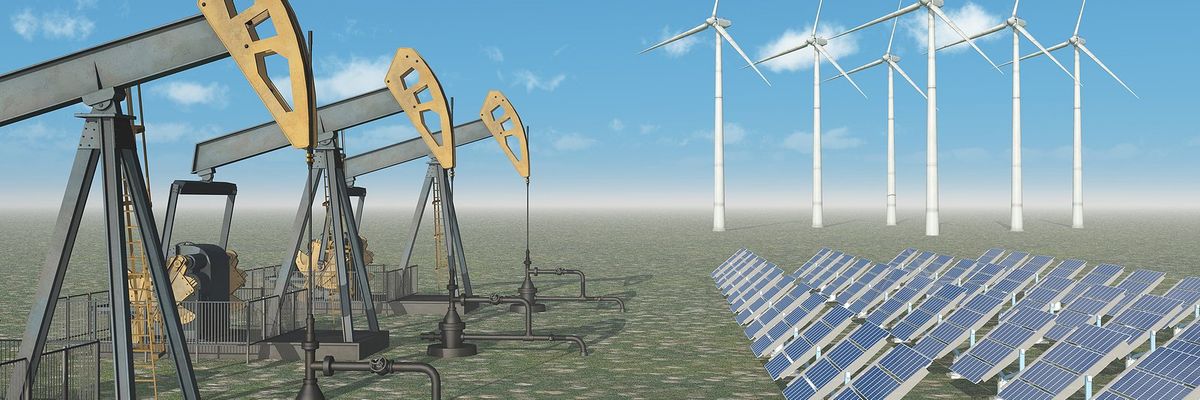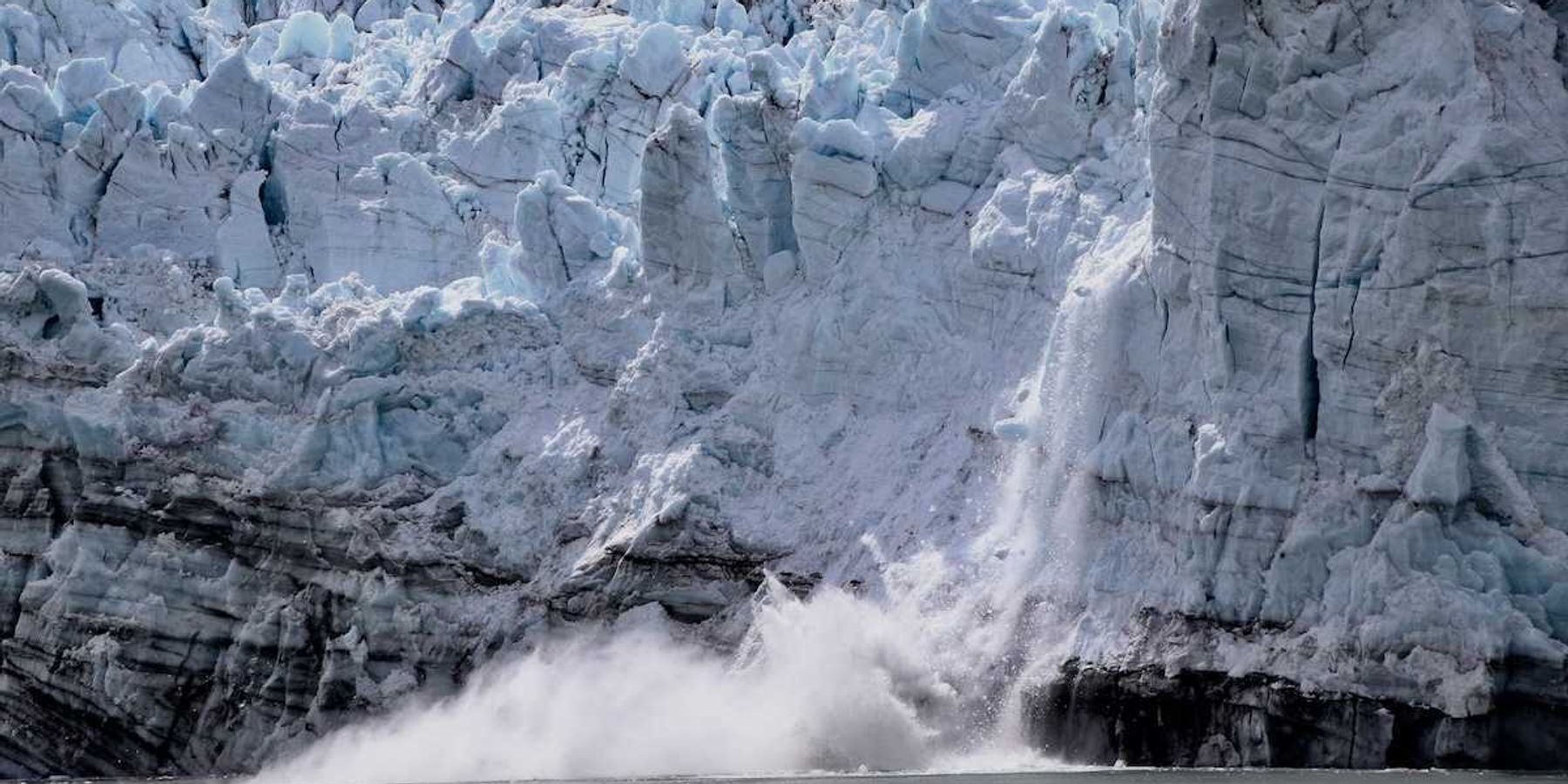antarctica
Antarctica experiences unprecedented midwinter heat wave
East Antarctica is experiencing a massive heat wave, with temperatures spiking 50 degrees above normal, highlighting the ongoing impacts of climate change on polar regions.
In short:
- Ground temperatures in East Antarctica have soared more than 50 degrees (28°C) above normal, marking one of the largest anomalies on the planet.
- The warming is linked to a weakened polar vortex, leading to a sudden stratospheric warming event that has disrupted typical weather patterns.
- Scientists warn that the decreasing sea ice and warming oceans are contributing to more frequent and intense heat waves in Antarctica.
Key quote:
“It is likely that having less sea ice and a warmer Southern Ocean around the Antarctic continent ‘loads the dice’ for warmer winter weather over Antarctica.”
— Edward Blanchard, atmospheric scientist at the University of Washington
Why this matters:
Imagine the freezer door being left open, and you’ll get the picture. As climate change continues to rewrite the Earth's weather patterns, these heatwaves could become more frequent, pushing Antarctica's ice into the danger zone. Read more: Scientists probe ancient history of the East Antarctic Ice Sheet and find unsettling news about sea level rise.
Antarctica's ice melt poses a rising threat as research funding dwindles
A recent study highlights the accelerated melting of Antarctica's Thwaites Glacier, signaling a dire need for action against sea level rise.
In short:
- Researchers have found that the Thwaites Glacier has been melting since the mid-1940s, with current rates of ice flow doubling in the last 30 years.
- This melting contributes significantly to global sea level rise, with Antarctica losing an average of 150 billion metric tons of ice per year.
- Despite the urgency, funding for further research is dwindling, threatening our ability to monitor and respond to these changes.
Key quote:
"It really brings home the scale of the problem of sea level rise. When you think about populations in New Orleans, in Bangladesh, and along coastlines all around the world, this is where the threat really lies.”
— James Kirkham, ice researcher
Why this matters:
The implications of Antarctica's ice melt are not limited to the rise in sea levels. Changes in freshwater distribution can affect ocean currents and weather patterns, leading to more extreme weather events globally, impacting food security, water supply, and health, particularly in more vulnerable communities.
People are flocking to see melting glaciers before they're gone—bringing both benefit and harm.
Antarctic ice shrinks to historic lows for third consecutive year
Antarctica's sea ice coverage has plummeted to unprecedented levels, marking a concerning trend in climate change.
In short:
- For the third consecutive year, Antarctic sea ice has fallen below 2 million square kilometers, a threshold not seen since satellite tracking began in 1979.
- This decline is seen as evidence of a significant shift in the region's climate, with scientists citing an "abrupt critical transition" in sea ice behavior.
- The changes in sea ice extent could have far-reaching impacts on Antarctica's ecosystem and global sea levels.
Key quote:
"But we’re confident the three lowest years on record will be the last three years,"
— Will Hobbs, sea ice scientist, University of Tasmania
Why this matters:
The continuous decline of Antarctic sea ice is an indicator of accelerating climate change, impacting global sea levels and ecosystems. This trend underscores the urgent need for enhanced climate research and policy action, particularly concerning our planet's most sensitive and vital regions.
The eastern Antarctic Wilkes Basin ice sheet seems to have receded during a warming event about 400,000 years ago—such a loss could add an additional 13 feet to sea level rise in the future.
Antarctica’s looming threat
Red alert in Antarctica: the year rapid, dramatic change hit climate scientists like a ‘punch in the guts’
Study after study showed the breakdown of climate systems taking place much earlier than foreseen, with potentially catastrophic results.









